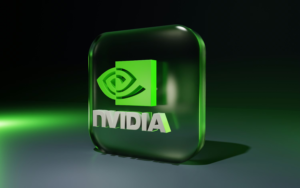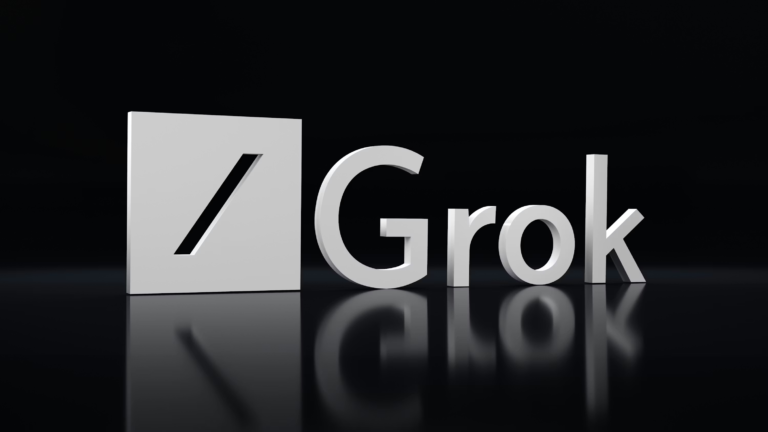Character AI, Artificial Intelligence (AI) has achieved unparalleled heights in the ever-changing technological world, making substantial breakthroughs in a variety of sectors. Character AI, a technology that has altered the way humans engage with digital creatures, is one of the most exciting advancements in AI. Character AI, also known as Virtual Beings or AI-driven characters, is a term used to describe intelligent, interactive figures that are powered by artificial intelligence algorithms. These characters are more than simply lines of code; they have personalities, emotions, and the capacity to connect deeply with consumers.

Understanding AI Characters:
Character AI extends beyond scripted replies. Complex algorithms, natural language processing, and machine learning are used to enable characters to learn, adapt, and change in response to user interactions. These artificial intelligence-powered entities can be found in video games, interactive storytelling, virtual assistants, and even therapeutic applications. Character AI develops immersive experiences that blur the boundaries between the virtual and real worlds by replicating human-like behavior and emotions.
Applications in a Variety of Industries:
Character AI has a wide range of applications. AI-driven characters in the gaming industry improve gameplay by presenting challenging opponents with adaptable methods. Furthermore, they enrich the narrative by providing players with dynamic and emotionally relevant tales. Character AI functions as interactive instructors in education, leading students via unique learning journeys. AI characters are used by healthcare professionals for therapeutic interventions, particularly in the treatment of mental health concerns such as anxiety and depression. Furthermore, in customer service, AI-powered virtual assistants provide efficient and human-like assistance, boosting the user experience.
The Effect on Media and Entertainment:
Character AI has completely transformed entertainment and media. AI-powered characters are now protagonists in films, television shows, and online series, bringing fictitious worlds to life with unrivaled realism. These characters interact with audiences not only on screens, but also on social media platforms, blurring the line between the imaginary and the real worlds. Creators and filmmakers work with AI scientists and storytellers to create captivating narratives in which AI characters coexist seamlessly with human actors.
Ethical Considerations and Challenges:
While the promise of Character AI is enormous, it is not without problems and ethical concerns. It is vital to ensure that AI characters do not perpetuate biases, that user privacy is respected, and that the line between fact and fiction is maintained. Furthermore, the ethical application of AI in the creation of lifelike characters raises concerns about permission, identity, and the possible impact on human relationships.
Character AI in the Future:
Character AI’s future is both thrilling and thought-provoking. AI characters will grow progressively more complex as technology improves, recognizing context, emotions, and human nuances with astounding precision. They will play critical roles in designing virtual environments, improving education, and providing individuals with companionship. To protect users and ensure responsible AI deployment, ethical frameworks and legislation will arise.
The introduction of character AI signifies a paradigm leap in human-computer interaction. Its potential to construct empathic, relatable, and intelligent virtual people offers up a world of possibilities in a variety of businesses. As we traverse an AI-driven future, it is critical to approach Character AI development and deployment with mindfulness, ethics, and a thorough knowledge of the profound influence it can have on society, entertainment, and human connection.








